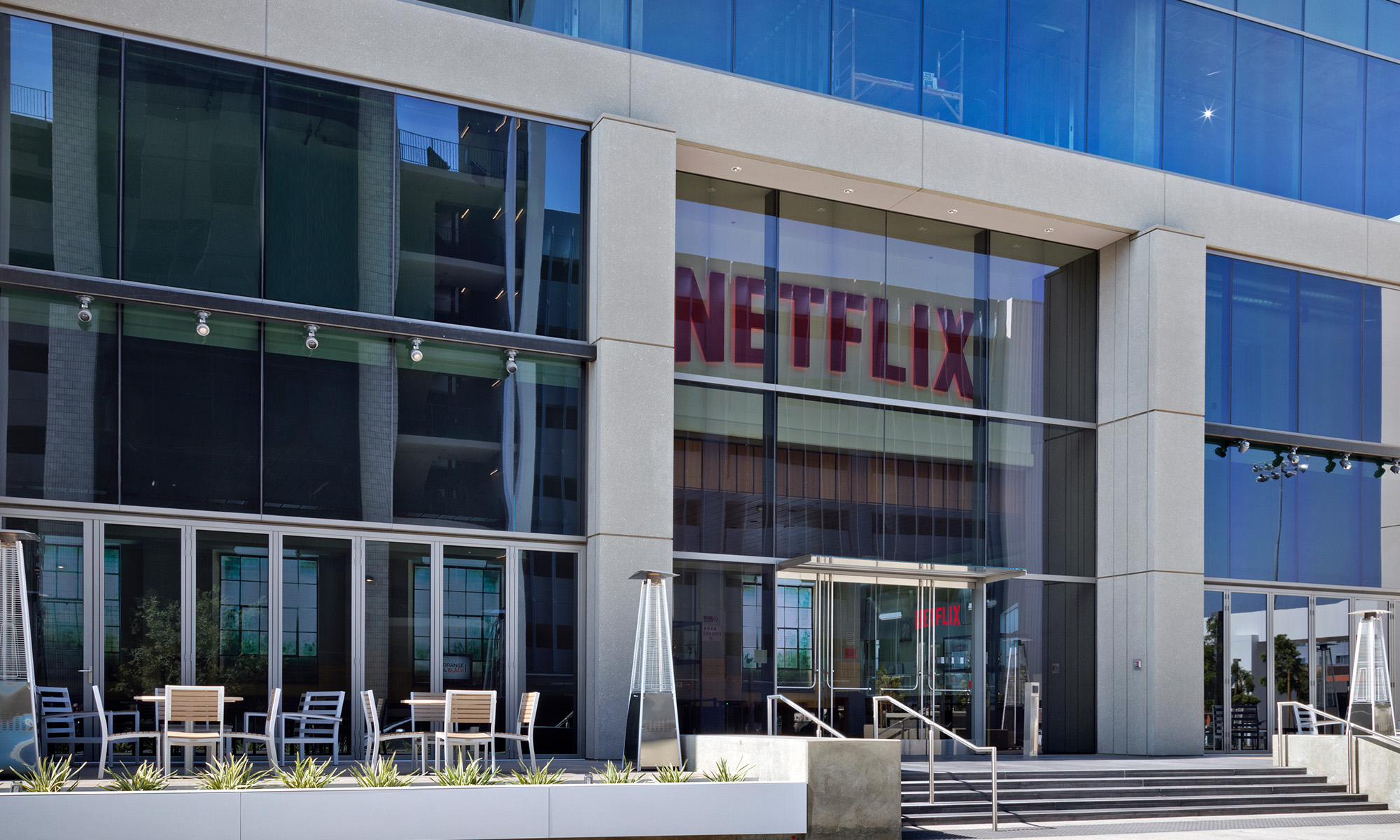Netflix (NFLX 0.04%) investors truly need nerves of steel. There's never time to celebrate good news, because someone always pours a batch of bad news right on top of it.
Tight on the heels of the game-changing content agreement with Walt Disney (DIS 1.83%), a ghost of Christmas past rears its ugly head. Christmas in July, that is.
The SEC sent Netflix a Wells Notice on Thursday night, notifying the company and CEO Reed Hastings that there's an official investigation brewing. The problem? A Facebook post that Hastings made this summer, allegedly disclosing vital operating data in an inappropriate medium. This would be a breach of the Reg FD regulation -- a defense of transparency that Fools generally love and support.
But this particular complaint sounds like a call to action. Not to punish Hastings to the ends of the earth, but to refresh an important regulation that hasn't kept pace with our rapidly changing world.
What's the problem?
The SEC lambasted Hastings for disclosing important information in an unapproved medium. The fact that Netflix subscribers streamed more than 1 billion hours of digital video in June would have been more appropriately disclosed in a press release or an 8-K SEC filing. Line up those responsible for a severe lash across the knuckles!
To this, Hastings responded with -- of course -- another Facebook post. This time, the post was also included as an exhibit in a proper SEC filing, just to cover the bases. What do you expect from one of Facebook's (FB 0.09%) board members? It stands to reason that Hastings is pushing the envelope on what Facebook posts can do, because it is his job in a moonlighting kind of way to raise Facebook's profile and respect levels. So why not try to make it an acceptable platform for financial disclosures?
That self-serving detail aside, I have to agree that the idea makes sense.
Get those kids off my lawn!
Social media didn't really exist when Reg FD was drafted and enacted. The document was signed in August 2000, when the leading social site was the now defunct SixDegrees.com. Friendster came along two years later, as did the first business-minded network, LinkedIn (LNKD +0.00%). Heck, MySpace was founded in 2003. Today's leaders in this space, like Facebook and Twitter, didn't come along until the middle of the decade.
This revolution in instant communications clearly caught the SEC off guard. None of these platforms has been officially approved as alternatives to the traditional press release or SEC filing. I think it's just about time.
A study in contrasts
Reed Hastings' Facebook page has about 250,000 followers right now. Many of these may simply be fans (or critics) of the Netflix service, but there's nothing to stop reporters and investors from joining the feed, too. A quick look at Hastings' subscriber list -- yeah, that's public information, too -- reveals a bucketload of Fools alongside reporters from MarketWatch, The New York Times, Forbes, and The Wall Street Journal. Plus, you don't have to subscribe to Hastings' updates to access the information.
Meanwhile, Netflix executives held court at the annual UBS Global Media Conference in New York. Tidbits have trickled out through the press, but the presentations are hardly presented on the public record.
Is the information on display here material to investors? You be the judge.
For example, content chief Ted Sarandos said he expects Disney's Lucasfilm property to become exclusive to Netflix, just like Pixar and Marvel. Oh, and Sarandos doesn't expect to raise subscription prices to pay for the Disney deal, because a few million new subscribers attracted by the Mouse House content should cover the costs just fine. Keep in mind that the cost of providing Netflix service to a new subscriber is close to zero, so 1 million new accounts would equal nearly $100 million of extra revenue that trickles straight down to the bottom line.
If you're lucky, you've stumbled across the Lucasfilm and no-raise tidbits via the press, somewhere. Sounds like material information to me, but the UBS conference is a pretty exclusive affair. It's not like the SEC forces conference arrangers to post videos or transcripts of every presentation, and there's certainly no expectation of SEC filings or exhaustive press releases.
So an hourlong exclusive conference presentation is OK, but an extremely public Facebook post crosses the line? There's something amiss here. Reg FD is still a good idea, but it needs a fresh coat of modern thinking.








